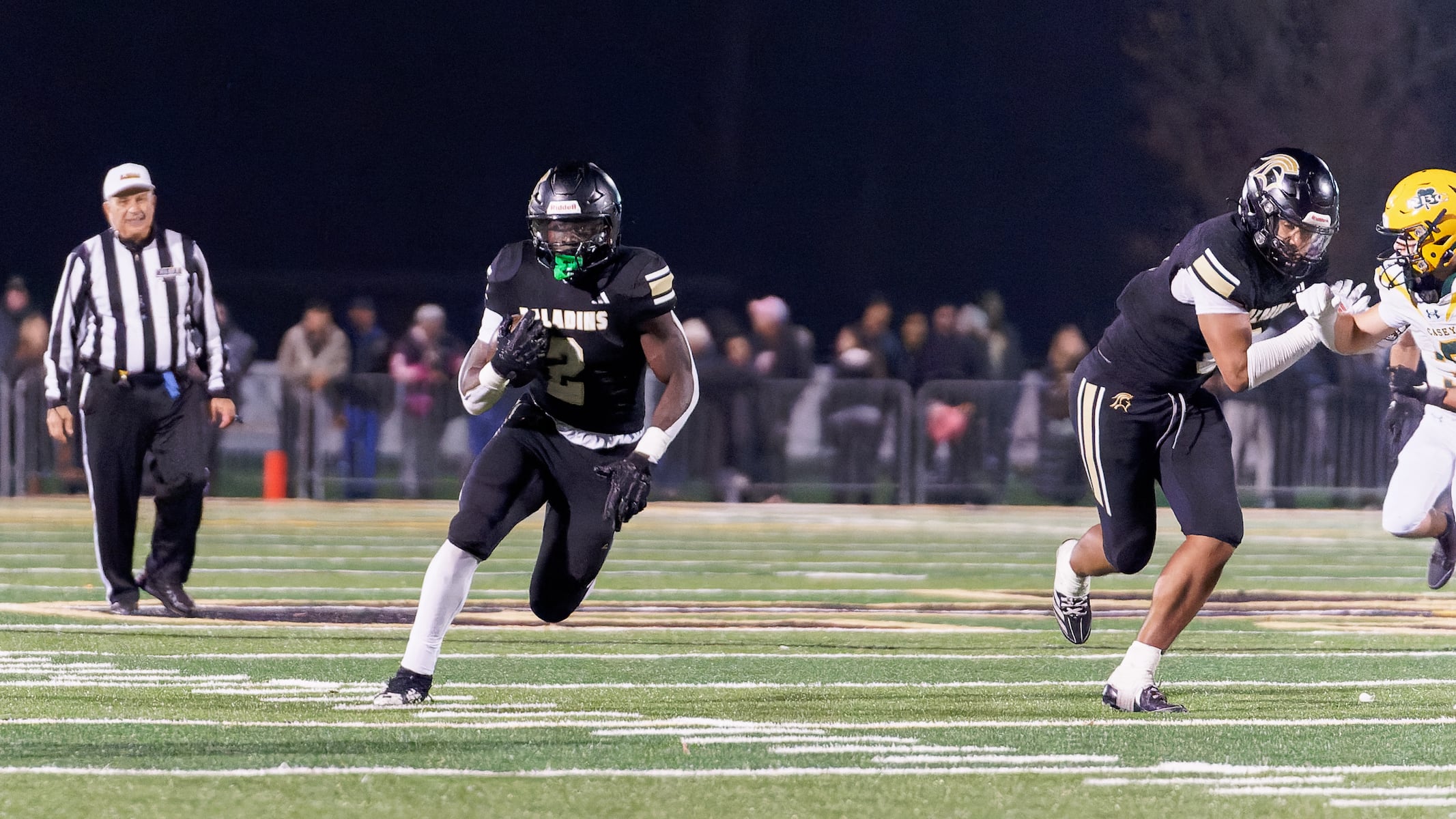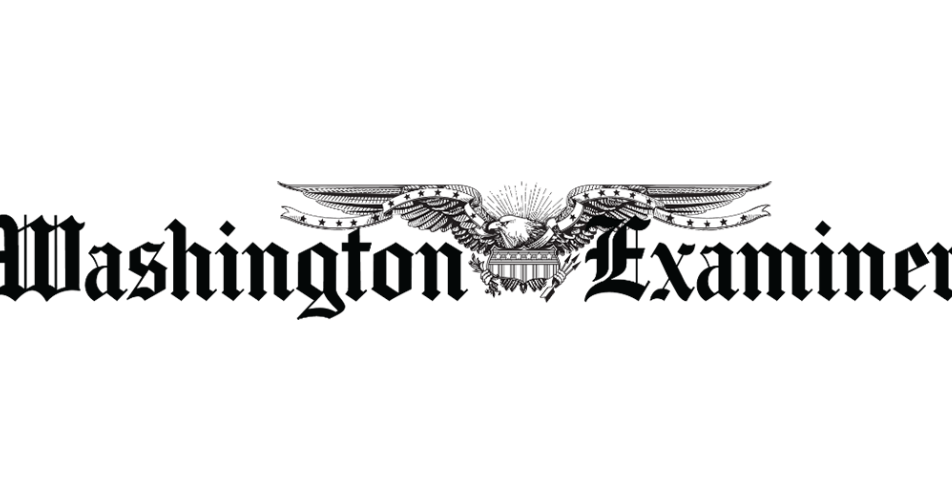UN Urges Action to Bridge Gender Gap in Sports

The United Nations is calling on world leaders to take decisive action towards achieving gender equality in sports. In a speech delivered on July 17, 2024, UN High Commissioner for Human Rights Volker Türk emphasized the urgent need for member states to invest in addressing the persistent gender gaps that affect women athletes globally.
Despite growing attention to women’s sports, significant disparities remain. Türk highlighted that the average annual salary for top-tier female football players ranges between $10,900 and $24,000, while their male counterparts earn an astonishing average of $1.8 million. This stark pay gap undermines the athletic careers of women and limits their professional opportunities.
Addressing Representation and Discrimination
The UN commissioner pointed out that women are often underrepresented in leadership roles within sports organizations, including clubs and federations. This lack of representation contributes to the unequal opportunities available to female athletes, who also receive significantly less media coverage compared to male sports figures.
Türk noted that discrimination against women in sports continues to manifest, particularly affecting athletes of African descent. These individuals often face discriminatory narratives, hate speech, and abuse both online and offline. Such barriers create a hostile environment that hinders women’s participation and success in sports. He asserted that dismantling these obstacles is essential for fostering an inclusive sporting culture that values women equally.
The responsibility for ensuring gender equality in sports lies not only with sports organizations but also with member states. Türk urged countries to adopt and enforce anti-discrimination policies, implement measures to prevent violence against female athletes, and thoroughly investigate any reported incidents.
Collaboration for Change
Sports organizations, especially those behind major sporting events, play a crucial role in promoting gender equality. Türk emphasized the importance of aligning their operations with international principles that protect women’s rights. This includes assessing the potential impacts of their activities on women and finding ways to mitigate risks.
International studies and reports from organizations like the Equal Pay International Coalition (EPIC) underscore the urgent need for change. In 2024, EPIC confirmed that male athletes earn approximately 21 times more in playing salaries compared to their female counterparts. Furthermore, a report from the Cricket Association of Nepal revealed a significant salary gap between the men’s and women’s national cricket teams for 2024, demonstrating the widespread nature of this issue.
One of the critical reasons for the pay disparity is the underrepresentation of women in governance structures at both national and international levels. This lack of female voices in decision-making processes continues to restrict women’s participation in the sports world.
Ultimately, Türk pointed out that sports hold the potential to drive significant social and economic change. It is essential to create an equitable sporting environment that provides equal opportunities for women and girls globally, fostering a future where their contributions are recognized and valued equally.






